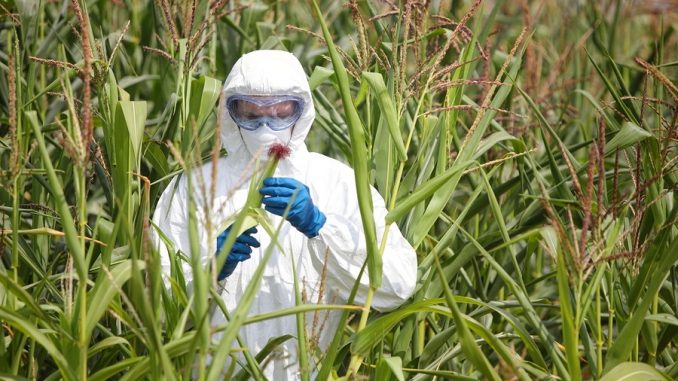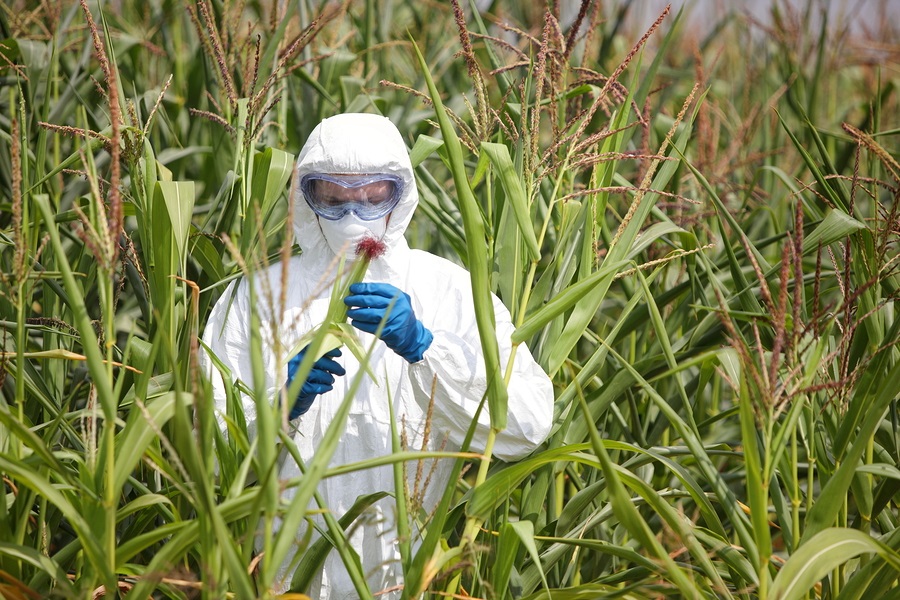
Gluten has become the scapegoat for a host of health problems, including the alarming rise in celiac disease. But according to a leading nutritionist, gluten itself isn’t the real culprit.
The blame lies with glyphosate—the toxic residue left behind by Roundup, widely sprayed on crops like wheat, corn, and soy—which is now being implicated as a key driver of a range of devastating health problems.
“Unlike GMO crops, humans are not ‘RoundUp ready,’” explains Courtney Swan, a nutritionist with a Masters of Science who hosts the Realfoodology podcast. “We are not resistant to these toxins and its causing neurological damage, endocrine disruption, it’s harming our reproductive health and it’s harming fetal development.”

BYPASS THE CENSORS
Sign up to get unfiltered news delivered straight to your inbox.
You can unsubscribe any time. By subscribing you agree to our Terms of Use
Latest Video
“Glyphosate is classified as a carcinogen by the World Health Organization’s International Agency for Research on Cancer. It is also suspected towards the rise in celiac disease and gluten sensitivities.”
“They are finding glyphosate in human breast milk, placentas, our organs, and even sperm. It’s also being found in our brain and drinking water.” Watch:
⚠️ She breaks it down perfectly❗️ pic.twitter.com/5uyn4thU0w
— ℙℍ𝕆𝔼ℕ𝕀𝕏 ֍⃤𝔻ℝ𝔸𝔾𝕆ℕ (@XPHOENIXDRAGON) December 5, 2024
According to researcher Shanna Swan, 77% of young Americans are deemed ineligible for military service due to rising rates of obesity, chronic health conditions, and illnesses linked to the pervasive consumption of ultra-processed foods.
These foods, often tainted with glyphosate residues from widespread pesticide use, are wreaking havoc on public health.

The implications extend beyond personal well-being—this health crisis poses a serious national security threat, as it undermines the military’s ability to recruit and maintain a capable force, while highlighting the urgent need for systemic reforms in food production and public health policies.
Moreover, as Swan explains, the stark price difference between organic and conventional food raises a troubling question: why should Americans have to pay a premium for food that hasn’t been poisoned?
Products which avoid the use of synthetic pesticides and herbicides like glyphosate, should be the norm, not a luxury reserved for those who can afford it.
